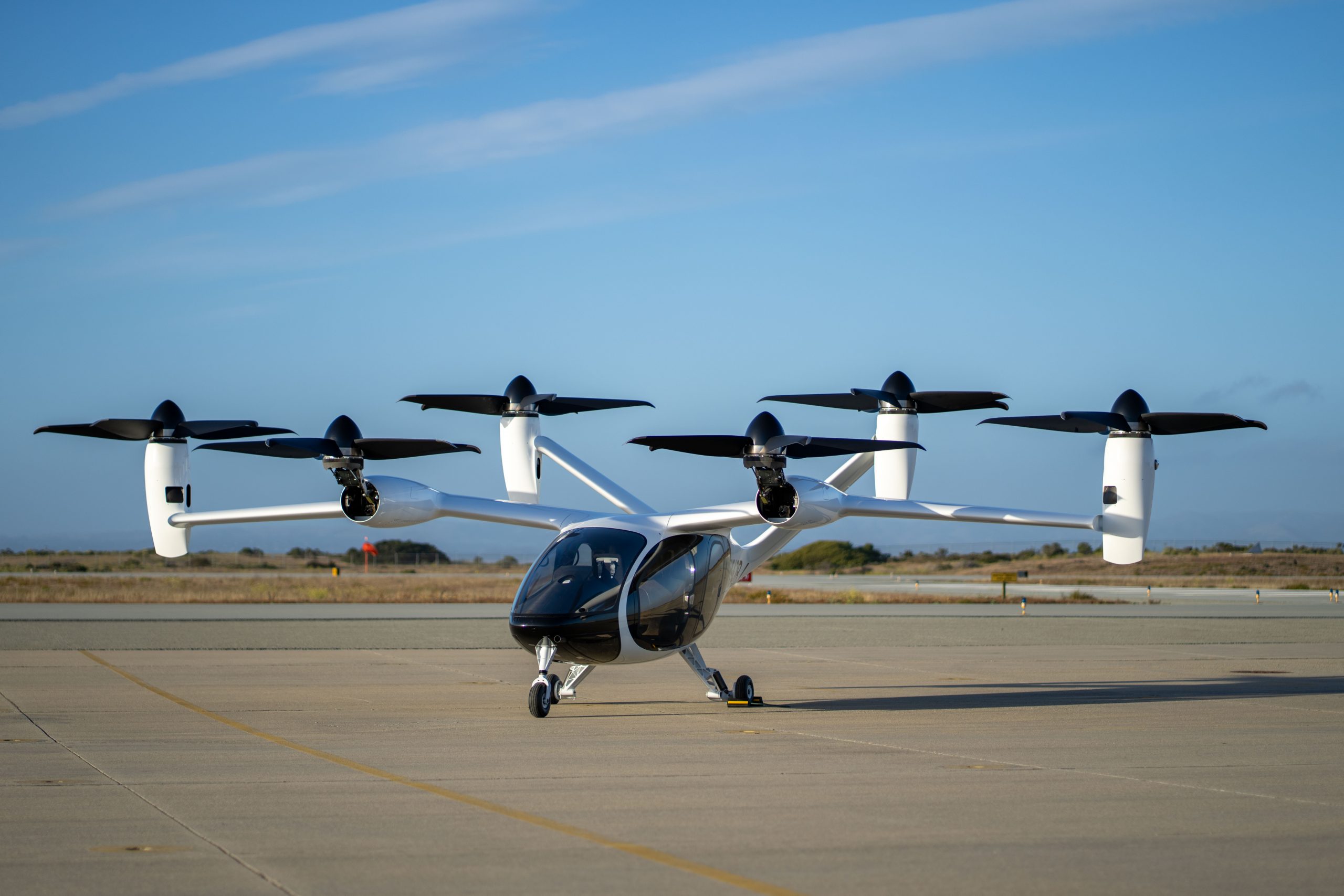Joby Aviation nears completion of Part 135 Air Carrier Certification with the FAA for its eVTOL aircraft
Joby Aviation has begun the fourth of five stages to receive its Part 135 Air Carrier Certificate from the Federal Aviation Administration (FAA).
A Part 135 Air Carrier Certificate is required for Joby to operate its eVTOL aircraft as an air taxi service in cities and communities around the United States. Alongside a Type Certificate and Production Certificate, this is one of three regulatory approvals critical to the planned launch of Joby’s aerial ride-sharing service in 2024.
After filing an initial application for a Part 135 Air Carrier Certificate in June 2021, Joby completed the second stage in August, which includes submission of a complete package of manuals. The third and fourth stages involve FAA review and approval of manuals and FAA observation of the Company performing operations to ensure full regulatory compliance.
Bonny Simi, Head of Air Operations and People at Joby, said: “Our aspiration is to not just build and certify a revolutionary aircraft, but to operate a commercial passenger service that saves people time with minimal impact on the environment. Achieving a Part 135 certification unlocks the ability to do that, and we’re moving through the process ahead of schedule.”
Joby entered the fourth stage of the process last week, with FAA representatives beginning to observe the company’s initial cadre of pilot instructors as they demonstrate mastery of training and operational procedures using the Company’s prepared manuals and training programme.
The fifth phase is FAA final approval and issuance of the Part 135 certificate, which Joby expects to complete the Part 135 certification process later this year.
Joby recently announced a partnership with CAE to develop and qualify flight simulation training devices that will be used to train commercially-rated pilots to fly the company’s eVTOL aircraft.
Joby’s all-electric aircraft is designed to transport a pilot and four passengers with zero operation emissions at speeds of up to 200 mph. It has a demonstrated maximum range of 150 miles on a single charge.


